ESP32 Development Board – USB-C | WiFi + Bluetooth, Ultra-Low Power Module for Smart Home & IoT
The ESP32 Development Board – USB-C is a highly efficient and feature-packed development board designed for smart home automation, IoT applications, and wireless communication projects. Powered by the ESP-WROOM-32 module, it combines both WiFi and Bluetooth 4.2 connectivity, making it suitable for wireless communication projects and providing reliable control for smart devices. With ultra-low power consumption, this board is perfect for energy-efficient IoT devices, including battery-operated systems. The USB-C port ensures fast and reliable data transfer, while the onboard CH340 USB interface simplifies debugging and programming. Whether you’re building a prototype or working on complex IoT projects, this board is an ideal solution. In addition, the board supports multiple environments such as Arduino IDE, MicroPython, and ESP-IDF for flexible development.
Key Features:
- Dual-core ESP32 chip with 240 MHz clock speed for high-performance computing
- Integrated WiFi (802.11 b/g/n) and Bluetooth 4.2 (BLE) for versatile wireless connectivity
- USB-C interface for convenient power and programming access
- Ultra-low power consumption with deep sleep mode for battery-operated projects
- Extensive GPIO pins for connecting various sensors and actuators
- 4MB of on-board flash memory for storing programs and data
Technical Specifications:
- Microcontroller: ESP32-WROOM-32 module
- CPU: Dual-core Xtensa® 32-bit LX6 microprocessor
- Clock Speed: Up to 240 MHz
- Memory: 520 KB SRAM, 448 KB ROM
- Flash Memory: 4 MB
- WiFi: 802.11 b/g/n (2.4 GHz)
- Bluetooth: v4.2 BR/EDR and BLE
- GPIO Pins: 36
- ADC Channels: 18
- DAC Channels: 2
- Operating Voltage: 3.3V
- Input Voltage (USB): 5V
- Dimensions: Approximately 51 x 28 mm
Applications:
- Smart Home Automation: Control lights, thermostats, and security systems wirelessly
- Industrial IoT: Monitor and control industrial equipment remotely
- Wearable Technology: Develop compact, low-power fitness trackers or smartwatches
- Environmental Monitoring: Create weather stations or air quality monitors
- Robotics: Build WiFi or Bluetooth-controlled robots with various sensors
Pinout Diagram:
ESP32 Development Board – USB-C Pinout Diagram
Usage Instructions:
- Powering the Board: Use a USB Type-C connector or pin header to supply a 5V power source.
- Programming: Compatible with the Arduino IDE, MicroPython, and ESP-IDF via the onboard CH340 USB Interface. Upload your code using a USB-C cable.
- Connecting to WiFi: Utilize standard WiFi libraries to connect the board to your local network for IoT control.
- Bluetooth Setup: Enable Bluetooth BLE communication for easy device pairing and control.
Caution:
- Ensure the correct orientation of the USB-C connector when powering the board to avoid damage.
- Verify pinout connections when connecting peripherals to avoid short circuits.
Troubleshooting Tips:
- If the board is not recognized, check USB cable and driver installation
- For WiFi connection issues, verify SSID and password, and check signal strength
- If experiencing random resets, ensure a stable power supply with sufficient curren
Common Questions and Answers:
- Q: Can I use this board with Arduino IDE?
A: Yes, the ESP32 is fully supported in Arduino IDE with the ESP32 board package. - Q: What’s the maximum WiFi range?
A: The WiFi range can extend up to 100 meters in open areas, but is typically less indoors. - Q: Does it support deep sleep mode for battery-powered projects?
A: Yes, the ESP32 has excellent power management features, including deep sleep mode. - Q: Can I use both WiFi and Bluetooth simultaneously?
A: Yes, the ESP32 can use WiFi and Bluetooth concurrently, offering flexible connectivity options. - Q: Is this board suitable for beginners?
A: While it’s powerful, the abundant resources and Arduino compatibility make it accessible for beginners with some programming experience.
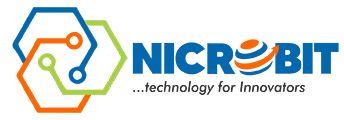
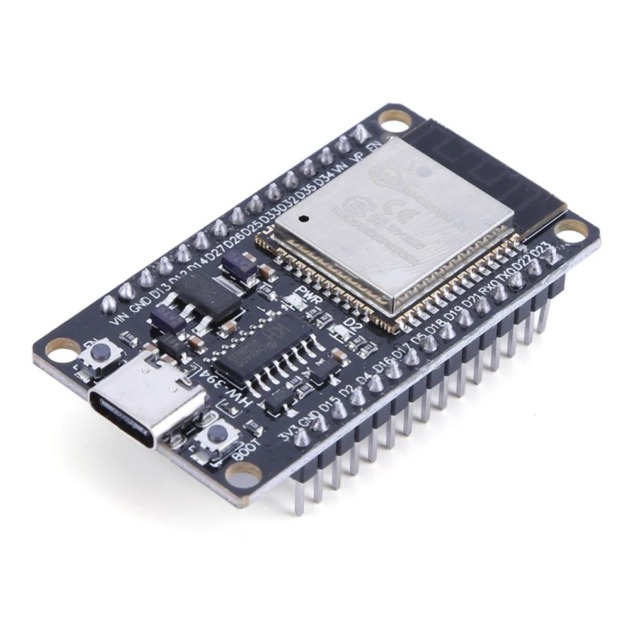

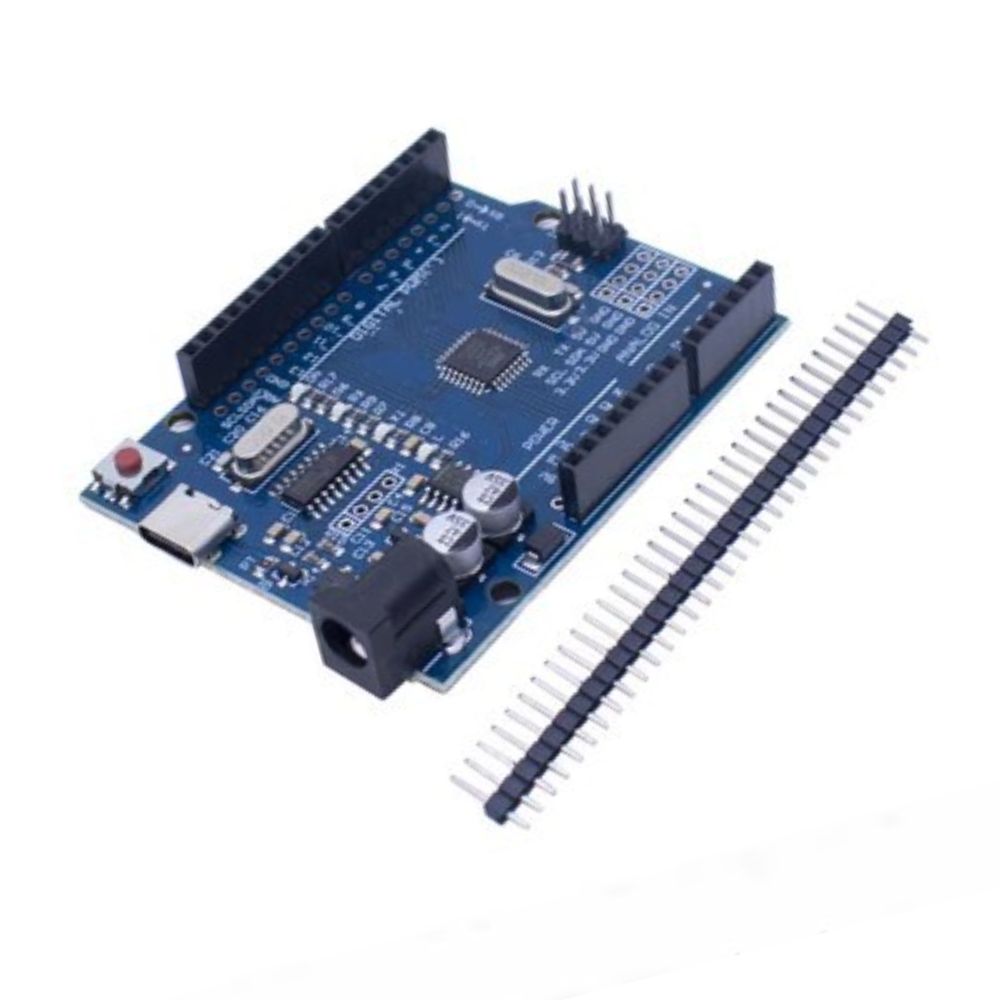
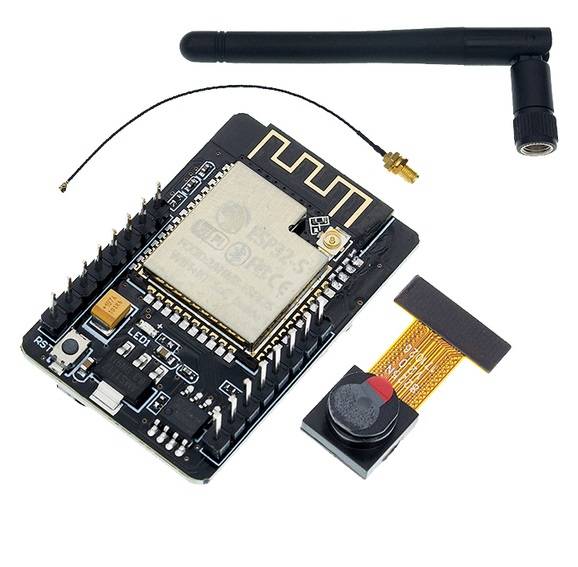

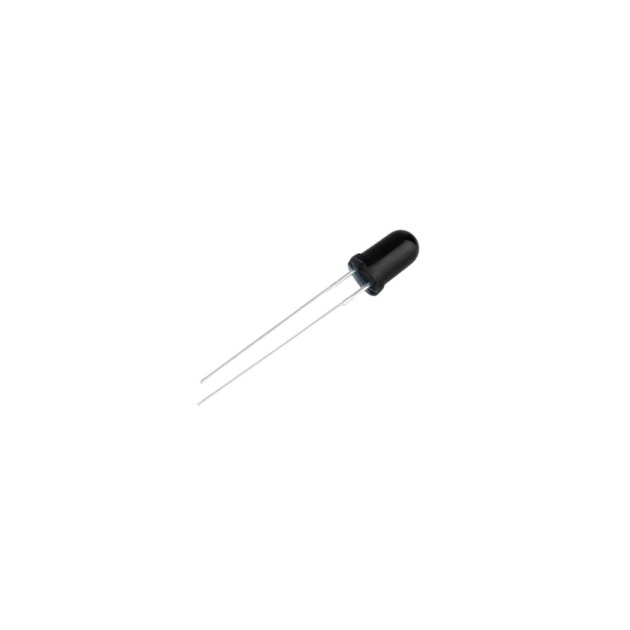



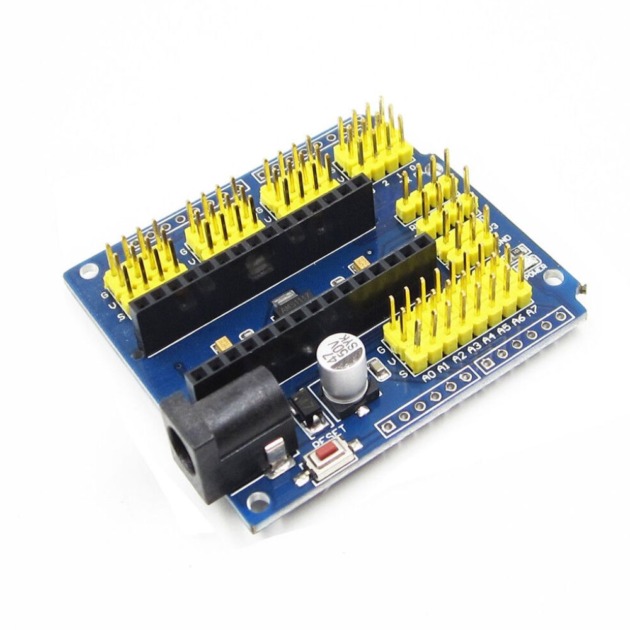
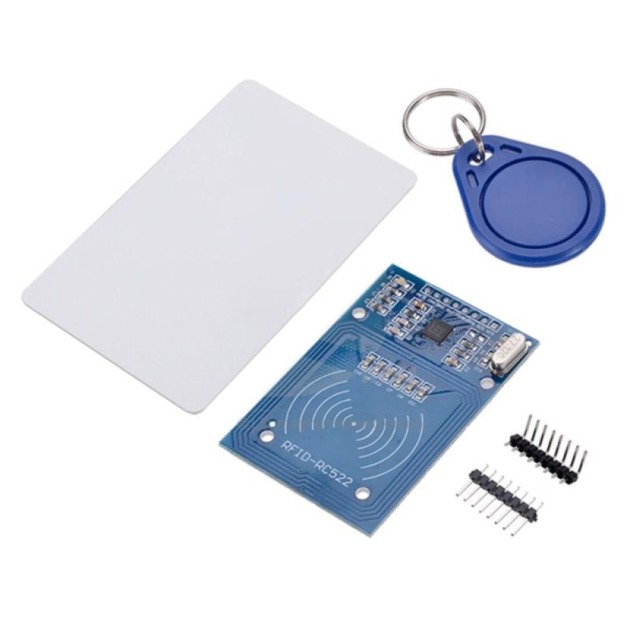


Reviews
There are no reviews yet.